- Category
- War in Ukraine
Mapping Russian Private Military Companies Across the Globe
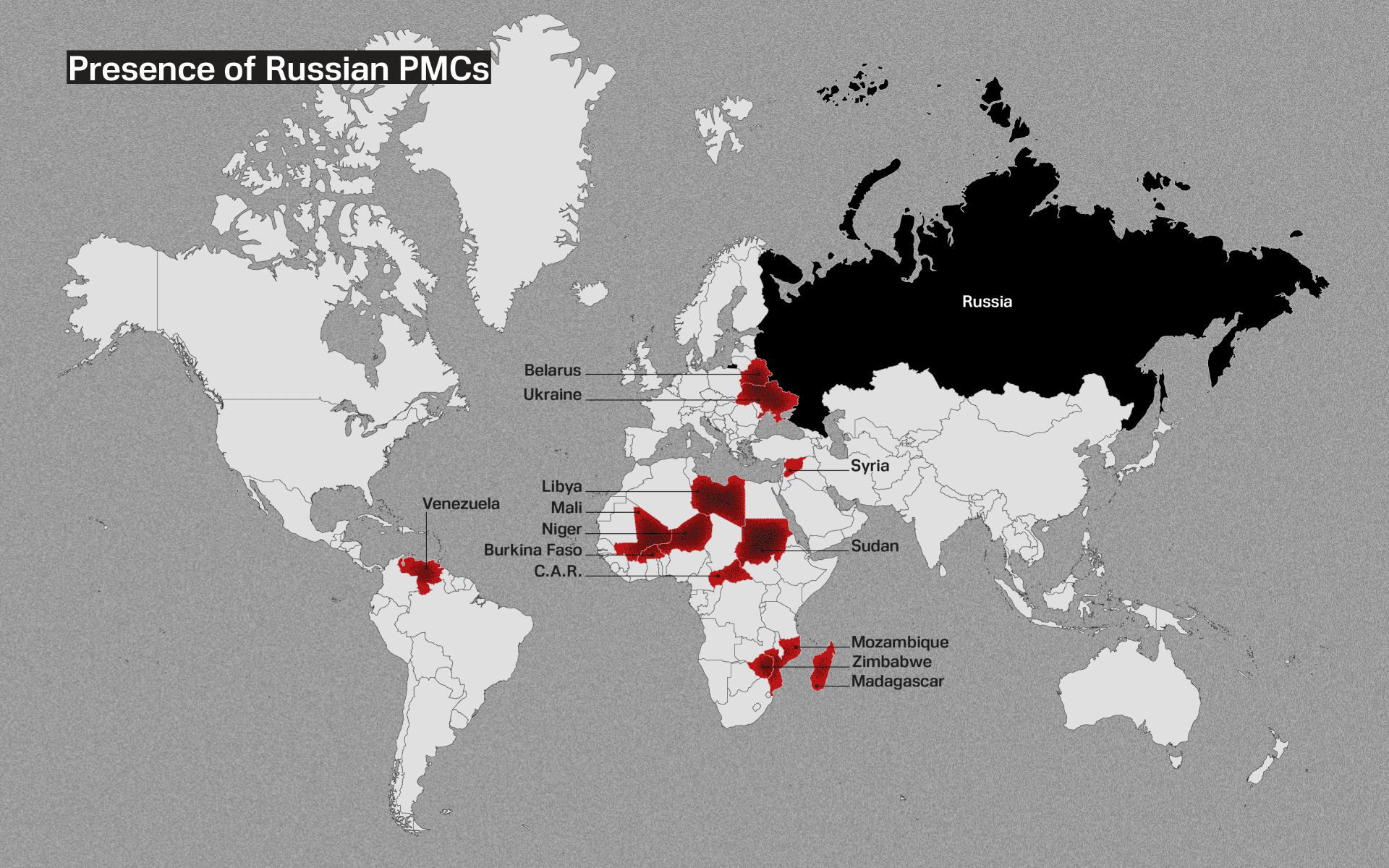
Over the past decade, a heavily sanctioned Russia has pursued global influence and economic lifelines by establishing outposts in countries similarly estranged from the West. This is often accomplished through private military companies like the Wagner Group, which provide security and military training to nations with ongoing conflicts in exchange for access to their resources.
By leveraging non-state actors, Russia has successfully involved itself in conflicts around the world while maintaining a level of plausible deniability. These groups have been instrumental in building a vast network of Russian client states, generating new revenue streams, and expanding spheres of influence to offset the impact of Western sanctions.
Wagner, officially recognized as a terror group by the United States and European Union, has had a significantly violent streak through its decade-long existance. The mercenary group has been implicated in various war crimes that span the continent. Most notably the Wagner has been fighting in Ukraine, Syria, and across Africa.
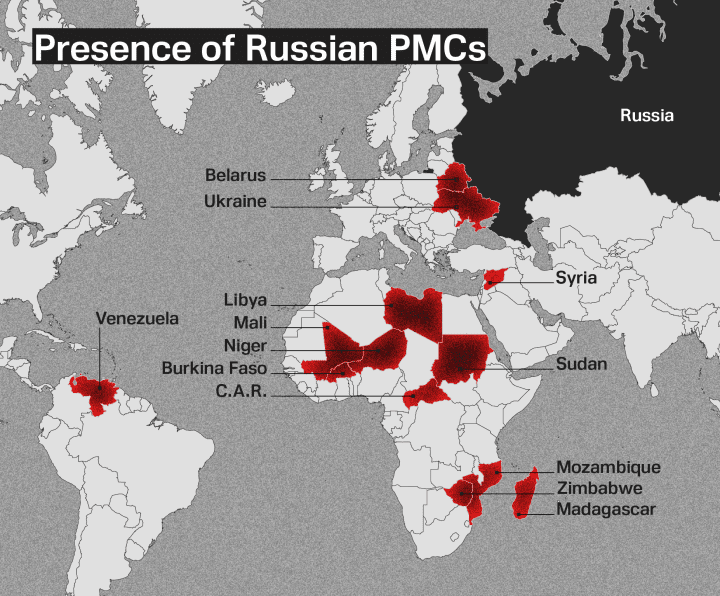
Following the death of their leader Yevgeny Prigozhin in 2023, significant changes were made to the organizational structures of Kremlin-aligned PMCs. The veil of anonymity and opacity that once characterized these mercenary groups was replaced by overt control from the Russian Ministry of Defense.
With plausible deniability no longer an option, the Russian government can now be held directly accountable for its actions abroad, which extend far beyond Ukraine. Russia's military footprint has expanded in the last decade, having a presence in over ten countries now, with forces ranging from irregular formations to entire brigades of Russian soldiers. In this map, we will detail the scope of Russia’s foreign policy:
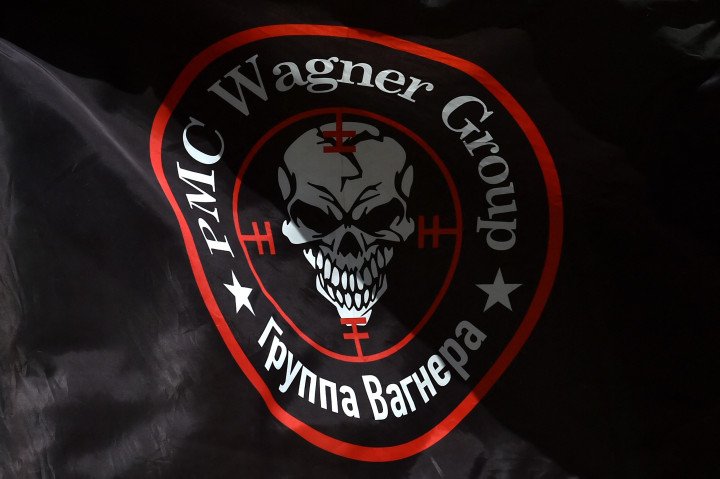
Africa
1. Central African Republic (CAR)
After Yevgeny Prigozhin's death, control of Wagner’s operations in the Central African Republic (CAR) was retained by his son, Pavel. The Wagner Group, now rebranded as the Africa Corps continues to play a crucial role in supporting President Faustin-Archange Touadéra's regime.
The mercenary intervention has been pivotal in securing Touadéra's hold on power, as the former mathematics professor, who assumed leadership in 2016 amid a civil war, faces ongoing threats to his authority. Moscow, through Wagner, has amassed significant influence in the country by exploiting the delicate balance of power, leveraging its military presence to maintain control.
2. Sudan:
In Sudan, the Africa Corps, now under the control of Russia’s GRU, is heavily involved in securing mining operations, particularly gold, uranium, and diamonds. The Russian government would also receive up to $2 Billion in Sudanese gold, through illegal means facilitated by relationships and companies connected to Yevgeny Prigozhin.
Mercenary groups, specifically Wagner, first arrived in Sudan in 2017 to profit off the refinement of the raw minerals. Wagner has also been linked to supporting the Rapid Support Forces (RSF), a paramilitary group run by Sudan’s most powerful man: General Mohammed Hamdan Dagalo. Wagner, in exchange for entering into the ongoing civil war, would be given exclusive access to the gold industry.
3. Libya:
Wagner has had a significant presence in Libya since 2018, backing General Khalifa Haftar's Libyan National Army (LNA) in its conflict against the internationally recognized Government of National Accord. This has prolonged instability that has ravaged the once prosperous country for over a decade.Libya’s vast oil resources and its proximity to Europe make it a focal point of Russian geopolitical strategy, with the Africa Corps continuing to play a critical role under the command of the Russian military.
4. Mali:
In Mali, the Africa Corps has stepped in to fill the security void left by the withdrawal of French forces. The group provides essential security services and military training to the junta, which faces persistent threats from jihadist insurgents.
The Africa Corps’ presence in Mali is a key part of Russia’s broader strategy to expand its influence in West Africa, offering military support in exchange for economic concessions and aligning with local regimes.
5. Mozambique:
In 2019, Wagner was contracted by the Mozambique government to aid in combating Islamist insurgents in the northern Cabo Delgado province. The group failed to suppress the insurgency and pivoted to securing resources, particularly natural gas.
6. Madagascar:
In Madagascar, Wagner had been linked to political consultancy and influence operations, particularly during the 2018 presidential elections. Their candidate, Hery Rajaonarimampianina did not win.
At the same time as Wagner appeared in Madagascar, Russian companies began mining and exporting chromium before abruptly abandoning the project in 2019. One of the companies, Ferrum Mining was alleged to be owned by Yevgeny Prigozhin
7. Zimbabwe:
The Africa Corps has been involved in securing Russian mining interests in Zimbabwe, specifically gold and diamonds. In parallel, the Russian government is supporting the country with the Zimbabwe Vision 2030 program.
8. Burkina Faso:
The Bear Brigade, a private military company (PMC) formed in Russian-occupied Crimea in 2023, consists of 200-300 members. They arrived in Burkina Faso in May 2024 to support the junta led by Captain Ibrahim Traore following a military coup. According to the French publication Le Monde, around 100 mercenaries from the brigade, which is associated with the Africa Corps, have since left Burkina Faso to fight against Ukraine.
The brigade, composed of Russian army special forces veterans, undertakes three-month missions in Burkina Faso., The group is reportedly supplied with weapons and equipment by the Russian Defense Ministry. They operate parallel to the Africa Corps, although still under direct control of the Ministry of Defense, where they are known as the 81st Specialized Volunteer Brigade
Additionally, the Russian government has partnered with Burkina Faso’s military junta to establish a nuclear power plant and provide economic support to the former French colony.
9. Niger:
In April 2024, Russian military instructors from the Africa Corps arrived in Niger to install an air defense system and train the country’s military. Following the 2023 coup, which resulted in the withdrawal of the French Army, Russia positioned itself as the primary partner of the military junta, assisting in the fight against jihadists in the northern Sahel region.
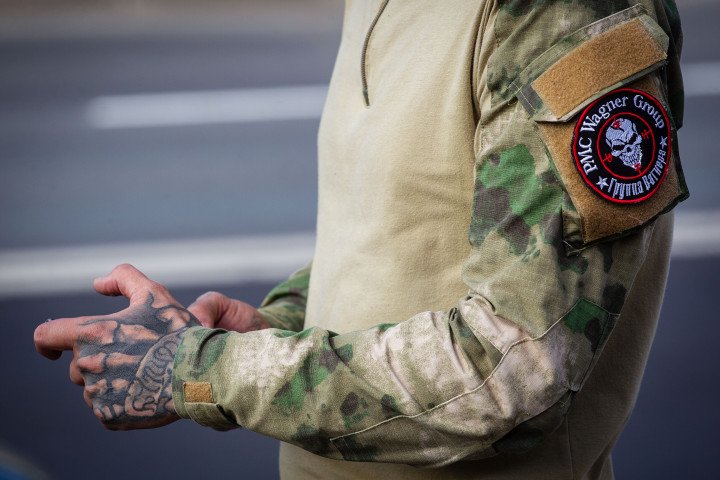
Middle East
1. Syria:
The Wagner Group first arrived in Syria in 2015 as part of Russia’s mission to support the Assad regime during the Syrian War. Their involvement was driven by Moscow’s desire to bolster its ally, gain access to Syria’s energy resources, and emerge as a major player in the Middle East. Now in Syria, the Wagner brand and iconography are used to recruit locals, to join the Russian Army and fight in Ukraine.
Following Yevgeny Prigozhin's death, Wagner’s operations in Syria have been completely absorbed into the Russian military, with Wagner no longer operating in the country. The forces that replaced Wagner in Syria, PMC Redut, are now under the direct control of the Russian Ministry of Defense and Russia’s military intelligence agency (GRU).
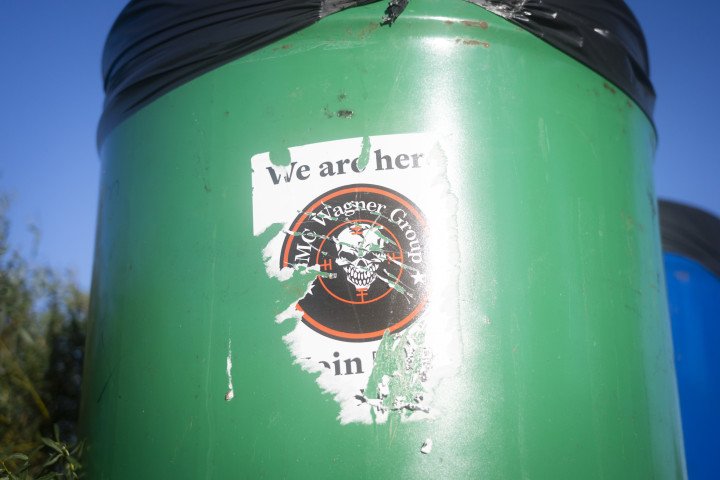
Europe
1. Ukraine:
Wagner has been involved in Ukraine since 2014. The group played a significant role in the annexation of Crimea and parts of Eastern Ukraine. At their peak, Wagner had an estimated 50,000 soldiers under their command. A disproportionately large percentage of the soldiers were recruited from Russian prisons and sent to capture the Ukrainian city of Bakhmut. Ukrainian sources estimate that 21,000 Wagner soldiers were killed in one year, with most of the dead being former prisoners.
Following the death of Prigozhin and Wagner’s entire command structure, the group was restructured and placed under the control of the Russian military, specifically the GRU (Main Intelligence Directorate). This restructuring involved the integration of other PMCs, such as Redut and Konvoy, which now operate in Ukraine under GRU oversight.
2. Belarus:
In 2020, In the lead-up to Belarus' 2020 presidential election, 32 Russian citizens, identified as members of the Wagner PMC, were detained near Minsk. Belarusian authorities claimed they were there to destabilize the situation during the elections. President Lukashenko called it an "emergency incident" and demanded explanations from Russia.
The detained men, who drew attention due to their military-style clothing and unusual behavior, were accused of planning disruptions. The incident occurred 10 days before the election, raising tensions between Belarus and Russia. The Kremlin and Russian officials expressed skepticism about the accusations.
After the 2023 mutiny and the subsequent death of Yevgeny Prigozhin, Wagner expanded its presence in Belarus, facilitated by President Lukashenko, who brokered a deal with Putin to allow the group free passage and provided them with barracks in the country.
Wagner's activities in Belarus hold strategic importance for Russia, offering a base of operations near the EU and NATO's eastern borders, as well as a potential staging ground for further operations in Ukraine.
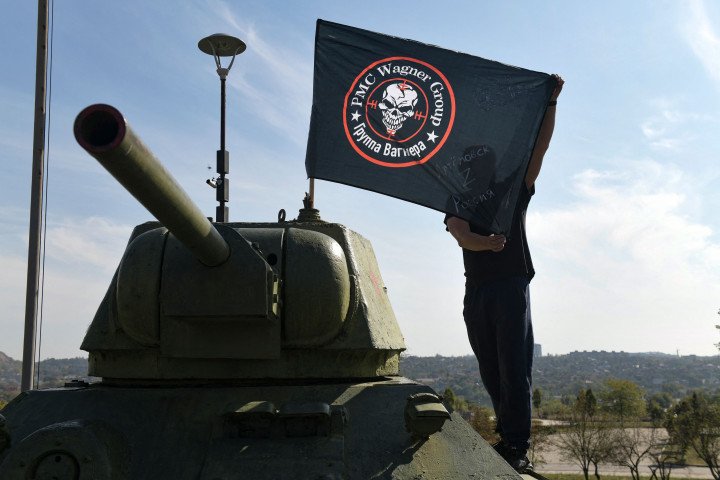
Latin America
1. Venezuela:
In July of 2024, After an election in Venezuela that resulted in protests by opposition parties, Russian mercenaries were sent to provide security for President Nicholas Maduro. Russia has a long history of supporting the Latin American country, both militarily and economically.
Venezuela has the world's largest proven oil reserve, around 18% of the world's supply. It is also currently in the process of annexing two-thirds of its neighbor, Guyana’s territory. Last year, ExxonMobil and other energy giants discovered over 30 offshore oil reserves in Guyana’s exclusive economic zone.


-554f0711f15a880af68b2550a739eee4.jpg)



-206008aed5f329e86c52788e3e423f23.jpg)
-1afe8933c743567b9dae4cc5225a73cb.png)
-46f6afa2f66d31ff3df8ea1a8f5524ec.jpg)